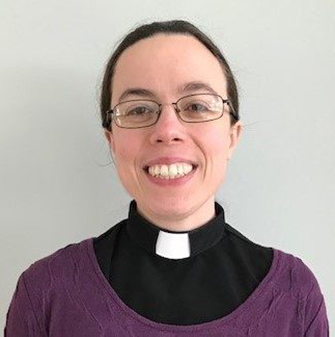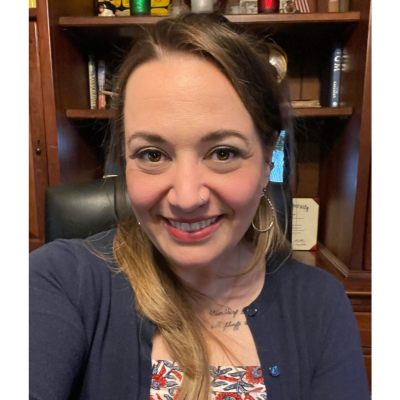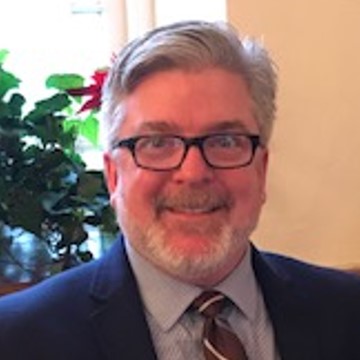For over 300 years the Word has been preached and the sacraments administered in New Jersey's oldest Lutheran congregation, Zion Evangelical Lutheran Church in Oldwick, New Jersey. The congregation is located in north central New Jersey, about equidistant from New York City to the east and Philadelphia to the south.
The congregation's first service was held August 1, 1714, at the home of Aree van Guinee, a dedicated Christian concerned about the spiritual welfare of his family and neighbors. A freed slave, van Guinee was born in Dutch Guinea, Africa.
Church records indicate that the van Guinees had been members since 1705 of the "Dutch" Lutheran congregation in Manhattan - a mix of Germans, Danes, Norwegians, Swedes, and others. For them, Dutch had become their common language. Van Guinee later moved his family to the edge of the western frontier (New Jersey) and became a property owner. It is highly likely that van Guinee played a leading role in obtaining a pastor for Zion's first service.
The distinguished New York pastor Justus Falckner, the first Protestant clergyman ever ordained in America, led the worshippers. A Lutheran historian describes Falckner as a man with a particularly amiable, heart-winning personality. When Falckner was away, a lay reader (Vorleser) led the worship. Pickel was a successful farmer and became a prominent participant in the affairs of the Zion congregation and a generous benefactor, the builder of the congregation's first church building.
During Zion's first service - probably held not far from the confluence of the Millstone and Raritan rivers in the later Franklin Township north of Princeton - van Guinee's wife and children were confirmed, and his grandchild baptized. Also attending were at least eight and possibly 19 recent emigrants from Germany.
Most of the charter members of the Zion Lutheran Church were from the Palatinate area of Germany near the Rhine River. They had fled their homeland and its long series of wars and severe tax burdens for the promise of America's colonies. In 1710, over 2,000 Palatinates were resettled in the Hudson Valley. When their intended work project failed, most of them sought prospects elsewhere. Some came into the Raritan Valley of New Jersey.
In the following years, a succession of pastors from Germany tended to irritate more than inspire the congregation. Conflicts ensued. Personalities clashed. Efforts at reconciliation failed. Sometime near 1742, the congregation approached Henry Melchior Muhlenberg, a Lutheran pastor who would later become known as "the patriarch of the Lutheran Church in America", for assistance in settling an "unhappy quarrel" with its pastor. The quarrel involved, among other things, a charge of adultery and court-enforced severance pay.
Though Muhlenberg was unable to assist the congregation in speedily ridding itself of its problem pastor, the congregation appreciated his concern for them and turned to him for counsel after the pastor's resignation. He visited the congregation on several occasions, and ensured that one of the Pennsylvania pastors under his authority visited at least several months each year.
In 1759-1760 Muhlenberg and his family resided in New Germantown (modern-day Oldwick) for nearly a year, using this place as a base from which to reach other congregations as well. Muhlenberg's preaching, teaching, pastoral care and native skills with people provided a much needed leadership and healing presence. Muhlenberg set the congregation on a course not only for survival, but outreach and ministry, which continues today.








